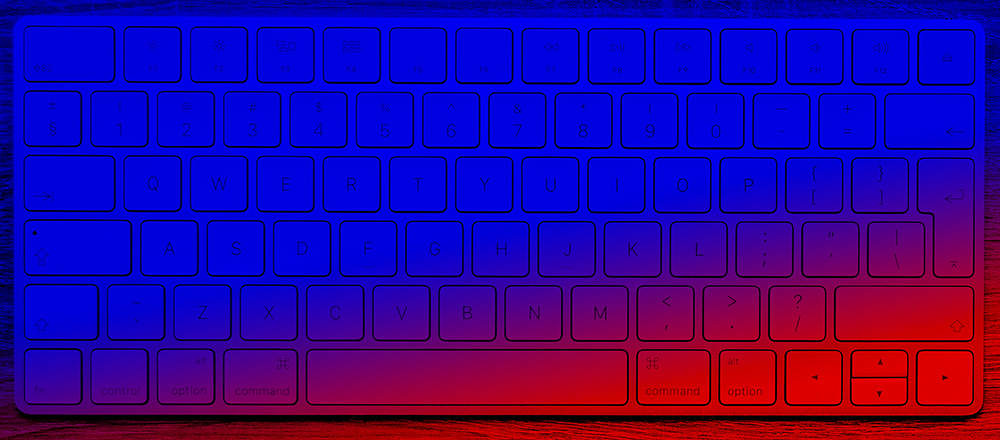
Halal slaughter can’t be done on an industrial scale. The Islamic authorities say so. Read our letter to Zac Goldsmith MP.
Dear Mr Goldsmith 17 August 2019
For several years there has been a debate about the use of ritual slaughter and how this can be reconciled with the grizzly business of slaughtering animals as humanely as possible. The UK is said to have a good reputation for animal welfare whilst ignoring the fact that in Halal and Kosher slaughter there is no pre-stunning and animals have their throats cut whilst fully conscious. We are a small group of people some of whom identify as Marxists and we wish to offer a contribution to this troubled debate based on the reality of ritual slaughter within the Qur’an
Arguments that are used to challenge ritual slaughter refer to the welfare of the animal. For those communities for whom an uncritical acceptance of divine authority is a cultural expectation, it is unlikely a welfare argument will be persuasive. Uncritical acceptance of religious doctrine is something that in the west we are no longer familiar with. The religious doctrines of the Qur’an (called into being by the Archangel Gabriel dictating the word of God to the prophet Mohammed) and a strong sense of religious identity are often contrasted with the lack of a coherent cultural identity in the west. What is perceived by western people as a strength, creating dynamic diverse communities, may be viewed as a threat to communities who wish to retain a distinct and doctrinal identity based on their understanding of the word of God.
The expectation that the west uncritically accepts halal slaughter, therefore, gets combined with westerner’s desire to have ‘diversity’ within their communities and the welfare of animals gets overlooked.
It is in our opinion possible to encourage diversity whilst also being cognizant of the need to protect the welfare of animals during slaughter. The hygiene obligations and rituals surrounding slaughter are clearly tailored for the realities of the seventh century, hence the need to ensure animals for slaughterer is healthy so the meat to be consumed is fresh and has not been contaminated by disease or after death by animals in the wild. Once these requirements have been addressed and an animal is fit for slaughter the offering of a prayer respects the dignity of the animal about to die. It is at this point that modern ‘halal’ slaughter seems to us to part company with the traditional expectations of Islam.
Islam requires excellence in all matters pertaining to the slaughter of animals *. Animals are a gift from Allah and their slaughter reflects rites other than just the use of prayer before slaughter and no pre-stunning. The animal must be calmed and must be slaughtered quickly and expertly with a sharp knife and without any awareness of what is likely to happen to it. It must not be slaughtered within the vicinity of other animals due for slaughter simply to avoid its own and their distress.
Such practices clearly reflect the Quranic expectation of small-scale ritual animal slaughter but are a requirement of Islam and therefore should be observed as halal. The industrial slaughter of cattle and sheep required today because of the greed of a consumer society is out of step with halal to such an extent, the non-use of stunning alone cannot qualify the slaughtered meat as halal and therefore the justification for no pre-stunning is totally without doctrinal foundation or justification. Indeed, pre-stunning may ‘calm’ the animal.
On the basis that the Qur’an requires animals to be at ease at the time of their slaughter and that industrial slaughtering is not and can never be halal within the requirements of Islam please can you consider supporting the abolition of halal slaughter except in circumstances where due to low volumes of animals being killed appropriate observance can be made of the strict rules that apply within the faith of Islam.
Blue Revolution
*Abu Ya’la Shaddad ibn Aws narrated the relevant hadith

